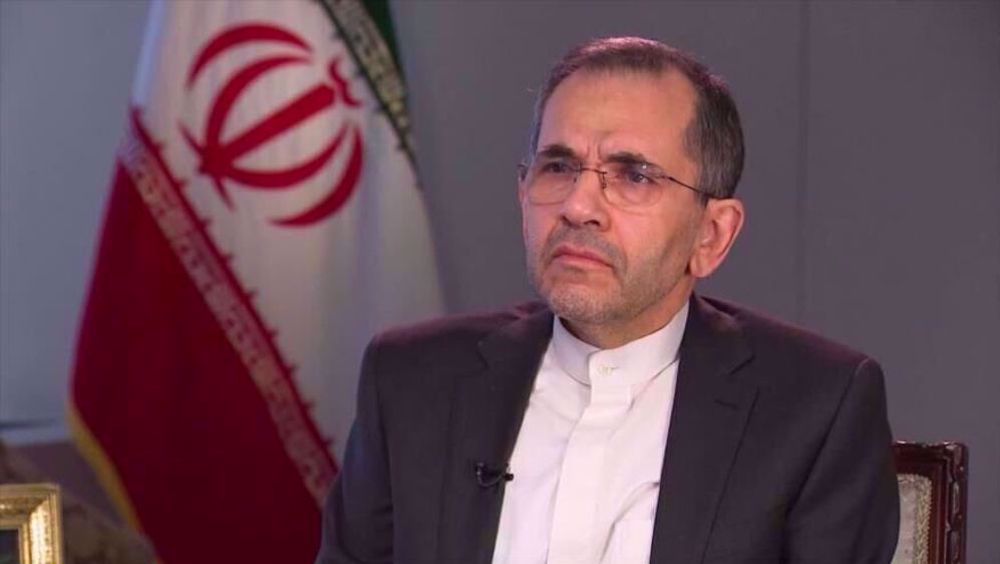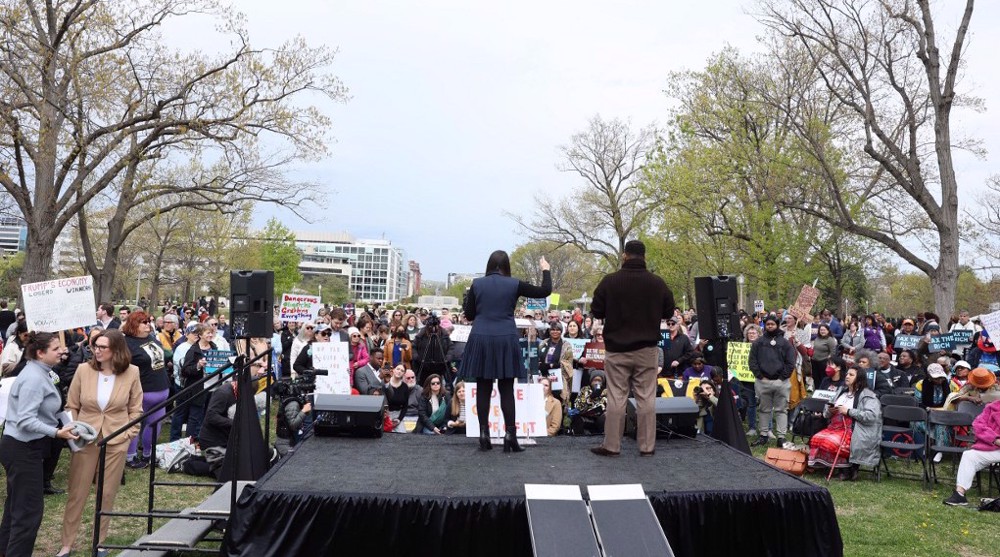Donald Trump questions Ben Carson’s honesty despite his own poor record
Donald Trump has repeatedly sought to cast doubt on the honesty of Ben Carson, his surging Republican rival in the US presidential race despite his own record of bending the truth.
Trump questioned Carson’s honesty on Sunday during an interview with CBS’s “Face the Nation,” directly challenging the accuracy of some stories in Carson’s autobiography.
In his 1990 autobiography, "Gifted Hands: The Ben Carson Story," Carson delves into his life journey from a young black boy with a "pathological temper," who stabbed his friend and once tried to “kill somebody,” to his spiritual redemption and transformation to a renowned Yale-educated brain doctor.
Observers say that Carson's personal narrative has been central to his successful campaign and star power.
Trump seemed skeptical about Carson’s claim that he tried to stab a childhood friend but the friend’s belt buckle had blocked the stabbing.
“That’s pretty unlikely, ’cause a belt buckle will turn,” Trump said. “You know, a belt buckle is not going to stop a knife.”
No detail of Carson’s life seemed too small for Trump to question and seek to undermine.
With the retired neurosurgeon suddenly surpassing him in national surveys, Trump repeatedly tried to attack him with force during a series of television interviews on Sunday.
Trump’s accusations are intriguing given that he has a long history of shading the truth and later admitting it, sometimes under oath.
In preparation for a lawsuit he filed claiming slander, Trump was asked during an out-of-court oral testimony in 2007 if he exaggerated about the value of his real estate properties. “I think everyone does,” Trump replied. Pressed further, he said he exaggerated “not beyond reason.”
Such fact-bending has expanded to his political campaign for US president.
During the last Republican presidential debate, Trump denied that he had called Senator Marco Rubio of Florida the “personal senator” of Facebook’s co-founder and CEO, Mark Zuckerberg, an advocate of immigration reform. However, Trump’s own campaign website had indeed described Rubio that way.
Carson has written about having a “pathological temper” in childhood. Trump said on Sunday that Carson had a “pathological disease” and suggested it would be difficult to get cured from such an ailment.
“You write in a book you have pathological disease — pathological disease is not cured,” Trump told CBS.
On ABC News, Trump said, “That’s a very serious thing to have to live with.”
Carson said he is being targeted by a “biased media” because he has been surging in the polls.

Next round of negotiations between Iran and US will take place in Europe: Deputy FM

Yale's decision to terminate Dr. Helyeh Doutaghi aimed to silence anti-genocide voices: Activists

Trump policy protest erupts outside US Congress
VIDEO | Press TV's news headlines
VIDEO | Karachi sees massive march in solidarity with Palestine
VIDEO | Iran marks ‘Operation True Promise’ anniv.
VIDEO | US sanctions deepen Yemen’s food crisis
Next round of negotiations between Iran and US will take place in Europe: Deputy FM
US airstrikes on Yemeni factory kill 6 civilians
Yemeni armed forces shoot down 19th American drone
Israeli settler attacks, displacements increase in the occupied West Bank: OCHA







 This makes it easy to access the Press TV website
This makes it easy to access the Press TV website